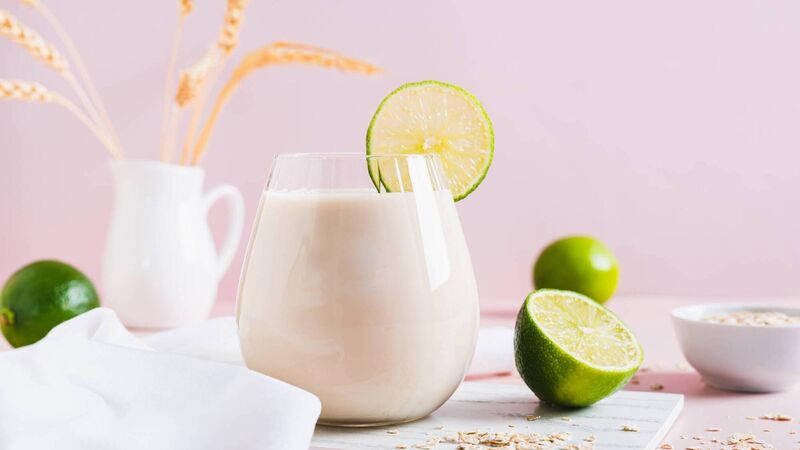What is 'oatzempic' and can a DIY oat drink really rival Ozempic for weight loss?

‘Oatzempic’ has amassed a cult-like following with 41.8m views on TikTok
Try from €1.50 / week
SUBSCRIBE
‘Oatzempic’ has amassed a cult-like following with 41.8m views on TikTok
It was only a matter of time before social media invented a “natural alternative” to the much-hyped weight-loss injectable drug semaglutide, best known by its brand name Ozempic.
A new wellness trend, in the form of an oat-based drink, supposedly curbs the appetite, leading to dramatic weight loss.
Already a subscriber? Sign in
You have reached your article limit.
Annual €130 €80
Best value
Monthly €12€6 / month
Introductory offers for new customers. Annual billed once for first year. Renews at €130. Monthly initial discount (first 3 months) billed monthly, then €12 a month. Ts&Cs apply.
CONNECT WITH US TODAY
Be the first to know the latest news and updates
Newsletter
The best food, health, entertainment and lifestyle content from the Irish Examiner, direct to your inbox.
Newsletter
The best food, health, entertainment and lifestyle content from the Irish Examiner, direct to your inbox.

Our team of experts are on hand to offer advice and answer your questions here
© Examiner Echo Group Limited